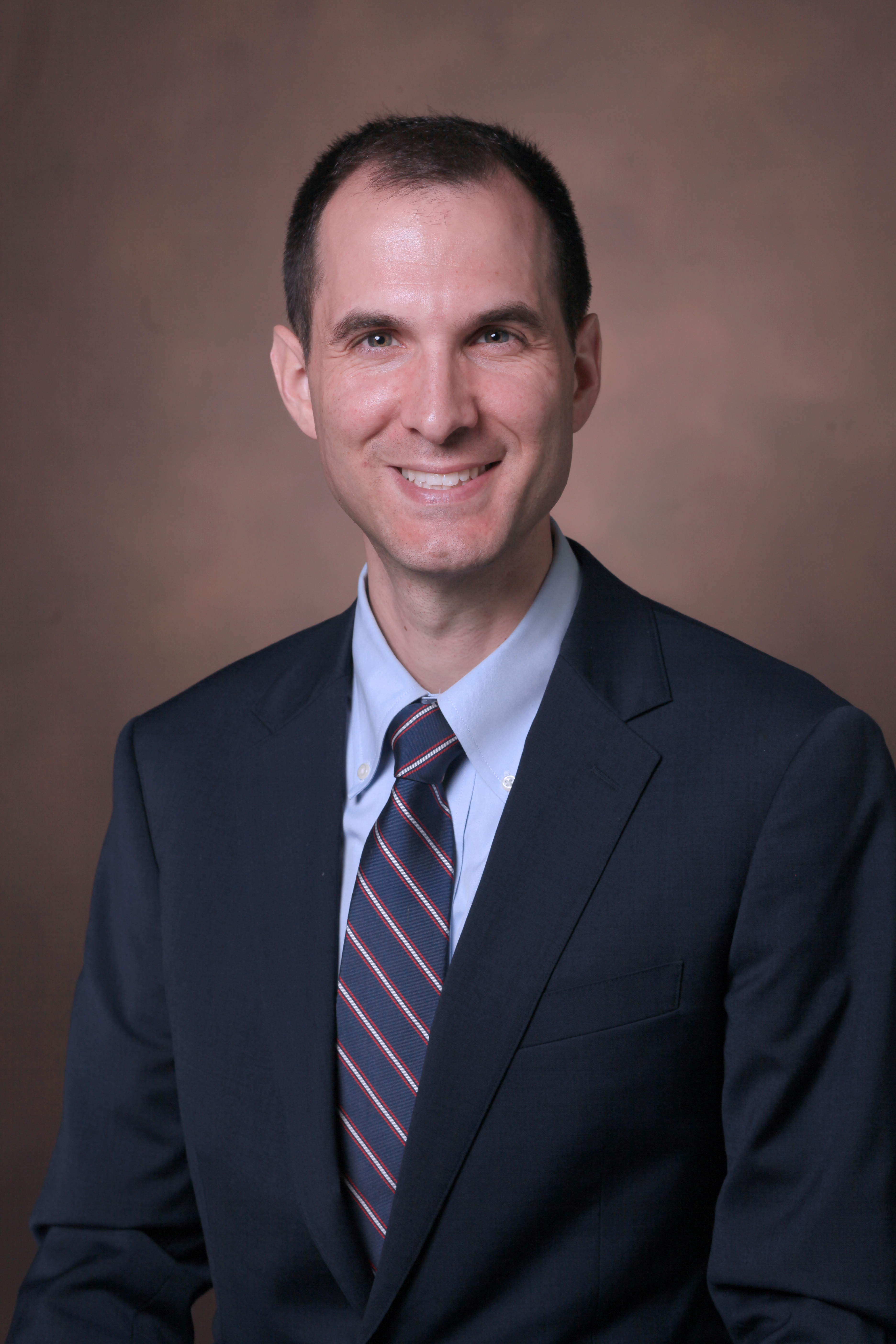David Marcovitz, MD
Dr. David Marcovitz is a board-certified general and addiction psychiatrist at Vanderbilt University Medical Center where he is an Associate Profession of Psychiatry and Behavioral Sciences. He helped launch the Vanderbilt University Hospital Addiction Consult Service and transitional outpatient Bridge Clinic at VUMC. He also serves as the Principal Investigator for the state-funded Middle TN Opioid Addiction Treatment Hub at Vanderbilt. While completing his addiction psychiatry fellowship at Partners Healthcare / Harvard Medical School, he also worked as a staff psychiatrist receiving additional mentored training in collaborative care in the IMPACT Model at Partners Healthcare in Boston, MA. He is an experienced educator, delivering formal and informal didactics on various addiction-related topics to medical students, residents, fellows and colleagues. He has served as the senior trainer for Tennessee supporting the federally-funded Opioid Response Network to help build addiction treatment capacity across TN. Dr. Marcovitz’ teaching at the regional and national level has focused on models of collaborative care with internal medicine and other specialties and disciplines in addiction treatment in both the inpatient and outpatient setting. He has also presented at national meetings on novel teaching methods and outcome measures in addiction psychiatry. He has published on addiction education methods as well as research at the intersection of treatment of opioid addiction and community mutual help. Dr. Marcovitz serves on the board of directors for the American Academy of Addiction Psychiatry (AAAP).
In addition to being board-certified in general and addiction psychiatry, Dr. Marcovitz has received additional training in couples and family interventions for patients affected by addiction and other co-occurring disorders. Specifically, he has been trained in the Community Reinforcement and Family Training (CRAFT) model pioneered by Dr. Robert Meyers and in Emotionally-Focused Couples Therapy (EFT) based on the work of Sue Johnston. He also employs eclectic methods in his interventions informed by training in psychodynamic psychotherapy, behavioral interventions, 12-Step related modalities, and cognitive therapies. He believes strongly in the importance of integration of the patient’s network into the treatment program and understands there are multiple paths to recovery.
Dr. Marcovitz has served as an expert witness and provided forensic consultation in numerous civil and criminal legal proceedings.
Education
M.D., Vanderbilt University School of Medicine
B.A., Princeton University
Postgraduate Training
-Intern in Internal Medicine, Newton Wellesley Hospital
-Resident in Adult Psychiatry, Massachusetts General Hospital / McLean Psychiatry Residency at Harvard Medical School
-Fellow in Addiction Psychiatry, Massachusetts General Hospital / McLean / Brigham and Women’s Hospital (Partners Integrated Fellowship at Harvard Medical School)
Research interests
Collaborative care for addiction, addiction education, addiction pharmacotherapy, 12-Step facilitation
Research Information
Select publications
Marcovitz D, McHugh RK, Roos C, West J, Kelly J. Overlapping Mechanisms of Recovery between Professional Psychotherapies and Alcoholics Anonymous: A review. Journal of Addiction Medicine. Feb 2020.
Marcovitz D, Sullivan W, Cobb C. The Need for Biochemical Testing for Alcohol in Integrated Addiction Treatment Settings During the Opioid Epidemic. Journal of Addiction Medicine. 2020.
Marcovitz D, Pettapiece-Phillips, M, Kast K, White K, Himeloch H, Audet C. Implementation of a Hub-and-Spoke Partnership for Opioid Use Disorder in a Medicaid Non-Expansion State. Psychiatric Services. 2021.
Marcovitz D, Suzuki, J. Comfort in Setting Limits with Controlled Substances – the Role of Motivational Interviewing Skills. JAMA Psychiatry. February 2022.
Marcovitz D, Kast K. More Effective Communication in Inpatient Addiction Treatment. Substance Abuse Journal. February 2023.
Marcovitz D, Dear ML, Donald R, Edwards D, Kast K, Le T, et al. Effect of a Co-Located Bridging Recovery Initiative on Hospital Length of Stay Among Patients with Opioid Use Disorder: The BRIDGE Randomized Clinical Trial. JAMA Network Open. February 2024.
Select Presentations
Best Practices in Addiction Psychiatry Education. Workshop Presenter. American Academy of Addiction Psychiatry Annual Meeting. 2016.
Outcome Measures in Addiction Psychiatry. Workshop Presenter and Chair. American Academy of Addiction Psychiatry Annual Meeting. 2019-2021
Value-Based Care in Addiction Psychiatry. Workshop Presenter. American Academy of Addiction Psychiatry Annual Meeting. 2022.
A full list of publications and presentations is available upon request.
